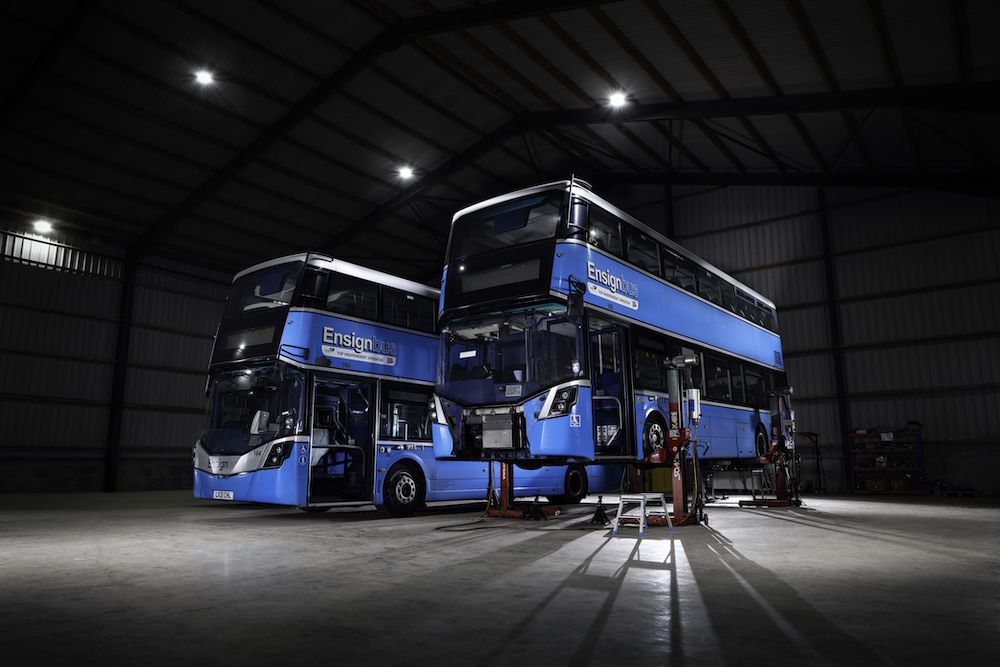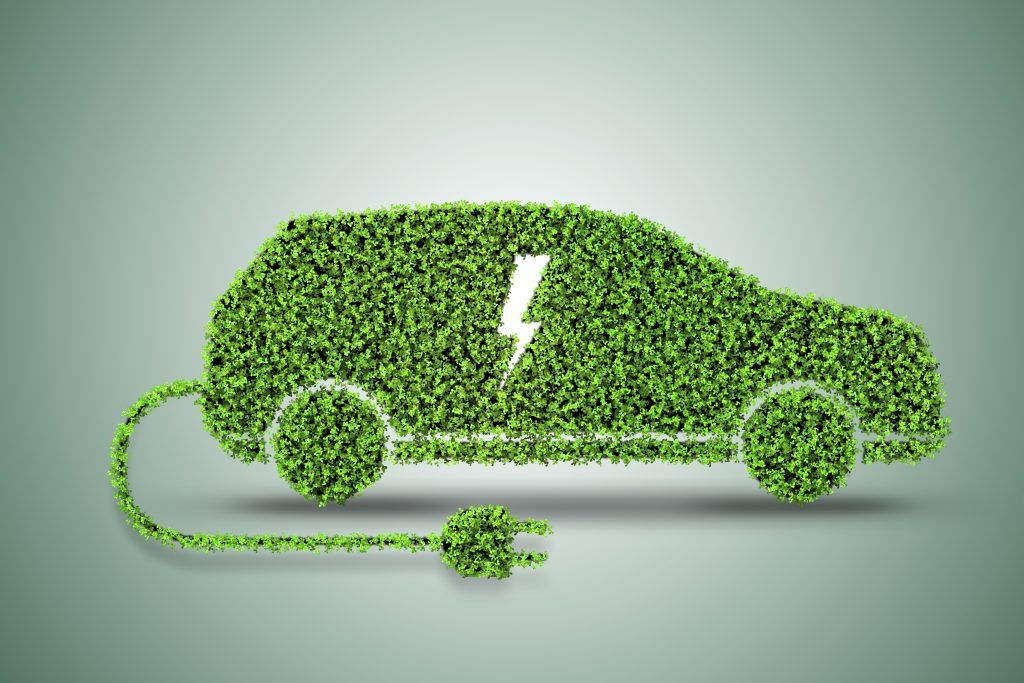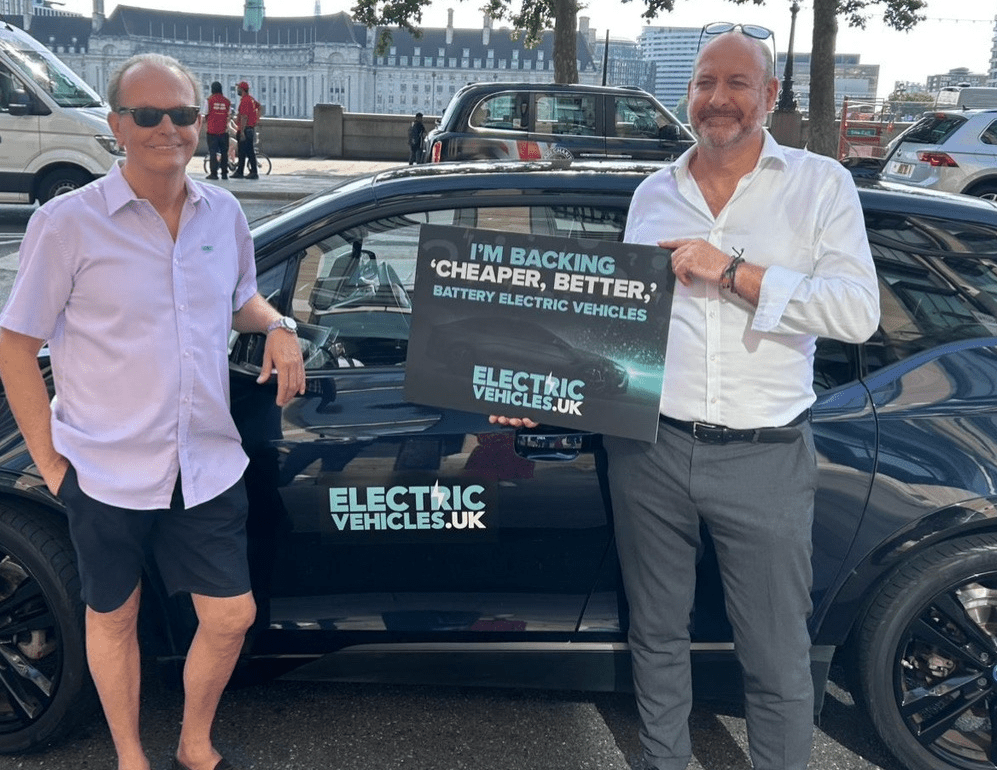If Britain’s transport revolution is going to get the power it needs, there is a need for a renewed focus on innovation in the sector. Head of innovation at the Energy Networks Association (ENA), Dan Clarke, explains.
As we approach a general election, it’s not surprising decision makers are being quizzed on their plans for the future – particularly in relation to the huge transition the UK’s transport network must make if the net zero targets both the UK’s main parties subscribe to, are to be met. Though different parties have different roadmaps one thing they both agree on is that innovation will be essential in getting us there.
ENA’s Innovation Programme has always focused on what is required for the UK’s energy networks to successfully adapt to the demands of millions of EVs and other transport related low carbon technologies (LCTs). This goes far beyond simply adding capacity. We are creating a smarter and more flexible grid, that can support the cost-effective installation of sufficient charge points wherever drivers need them most. We are also shifting to a grid that responds to electric and hybrid vehicles as potential domestic batteries and power generation units in their own right.
To get to grips with these challenges in a systematic way, transport is one of the big focus areas of ENA’s Innovation Programme this year. A tangible way networks are helping to accelerate the adoption of domestic LCTs, including EVs, is through ENA Connect Direct – the new online form for installers, making the application process better, faster and more accurate.
This service has digitalised the application process and through the use of AI, is capable of providing much faster application decisions. Our aim is that this will be a better guide for installers and a faster experience for customers while also providing crucial network planning data to Distribution Network Operators. ENA has already launched the ‘minimum viable product‘ version in December, and the full product is due to launch in the summer.
In March we’ll be kicking off the 2024 innovation programme, with our second annual Basecamp event – which brings innovators together with energy industry leaders to start the process of developing new schemes. The schemes are shaped in response to ‘Problem Statements’ that have been developed by industry experts to provide clear direction and focus for projects aiming to ultimately access energy innovation funding streams, such as the Strategic Innovation Fund and Network Innovation Allowance.
This year the Problem Statements explore a number of transport issues. One requests ideas for developing new and more rigorous risk assessment toolkits for networks to employ when making the transition to EV fleets to help ensure that their engineers can still maintain their infrastructure in even the most extreme weather. Another sets out the technical challenges of ensuring the transition from high voltage to low voltage feeders does not generate thermal issues as more feeders are introduced. Others examine the challenges of ensuring vulnerable customers are fully supported in this strategic transition.
The focus of the Problem Statements should not be surprising to anyone working at the intersection of energy and transport. We’ve seen how other countries in Europe and beyond are grappling with similar issues. What makes them useful as framing remarks is the rigorous and technically grounded framework they provide for those aiming to turn white board diagrams into projects that could change the way the UK powers its transport needs.
It’s not just political promises that make this a tremendously exciting time to be part of the innovation discussion in the energy sector, and I would urge anyone working within innovation, whatever their background, to join us on 5 March if they can. You can register for the Basecamp event at energynetworks.org/events.














